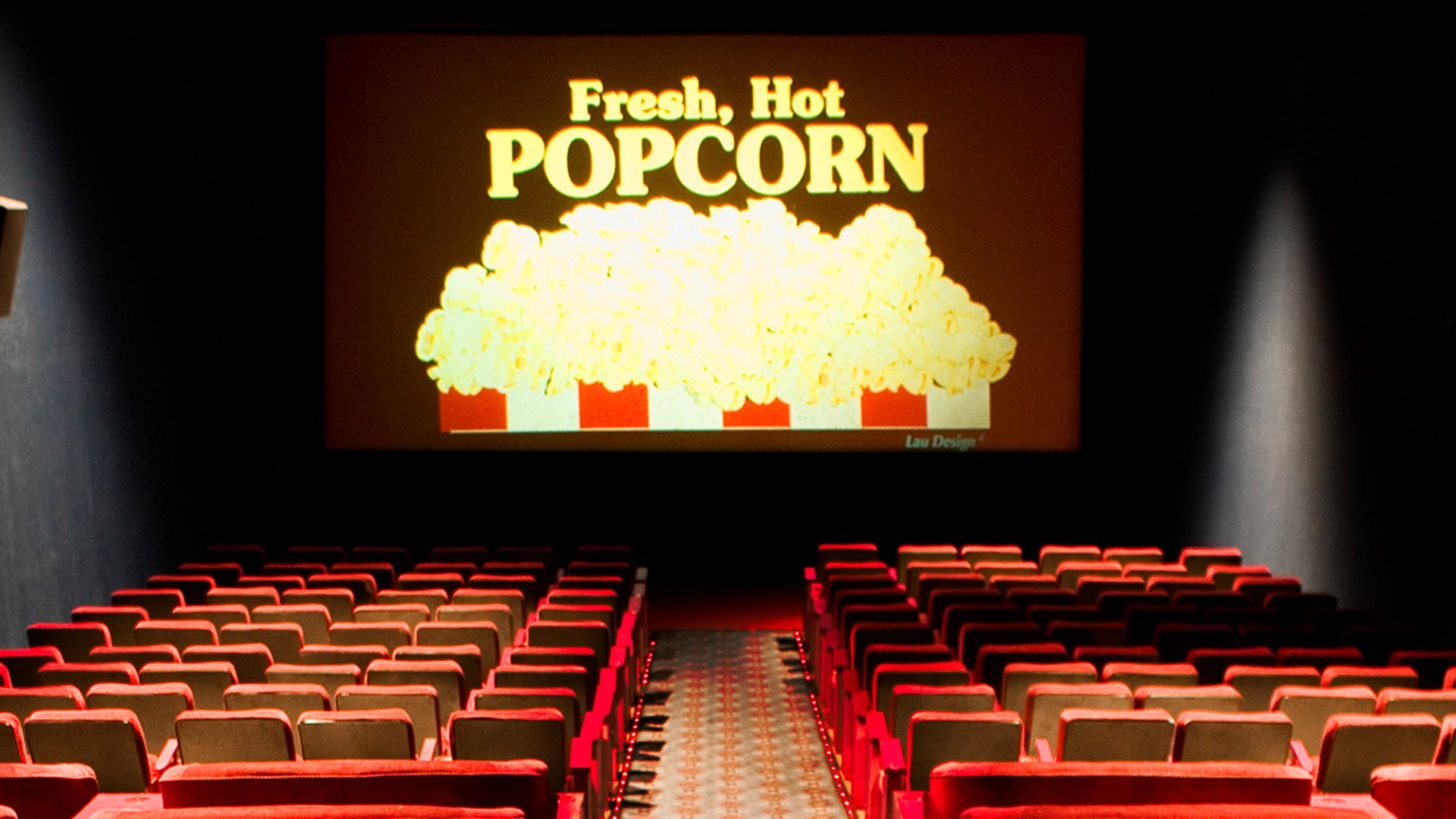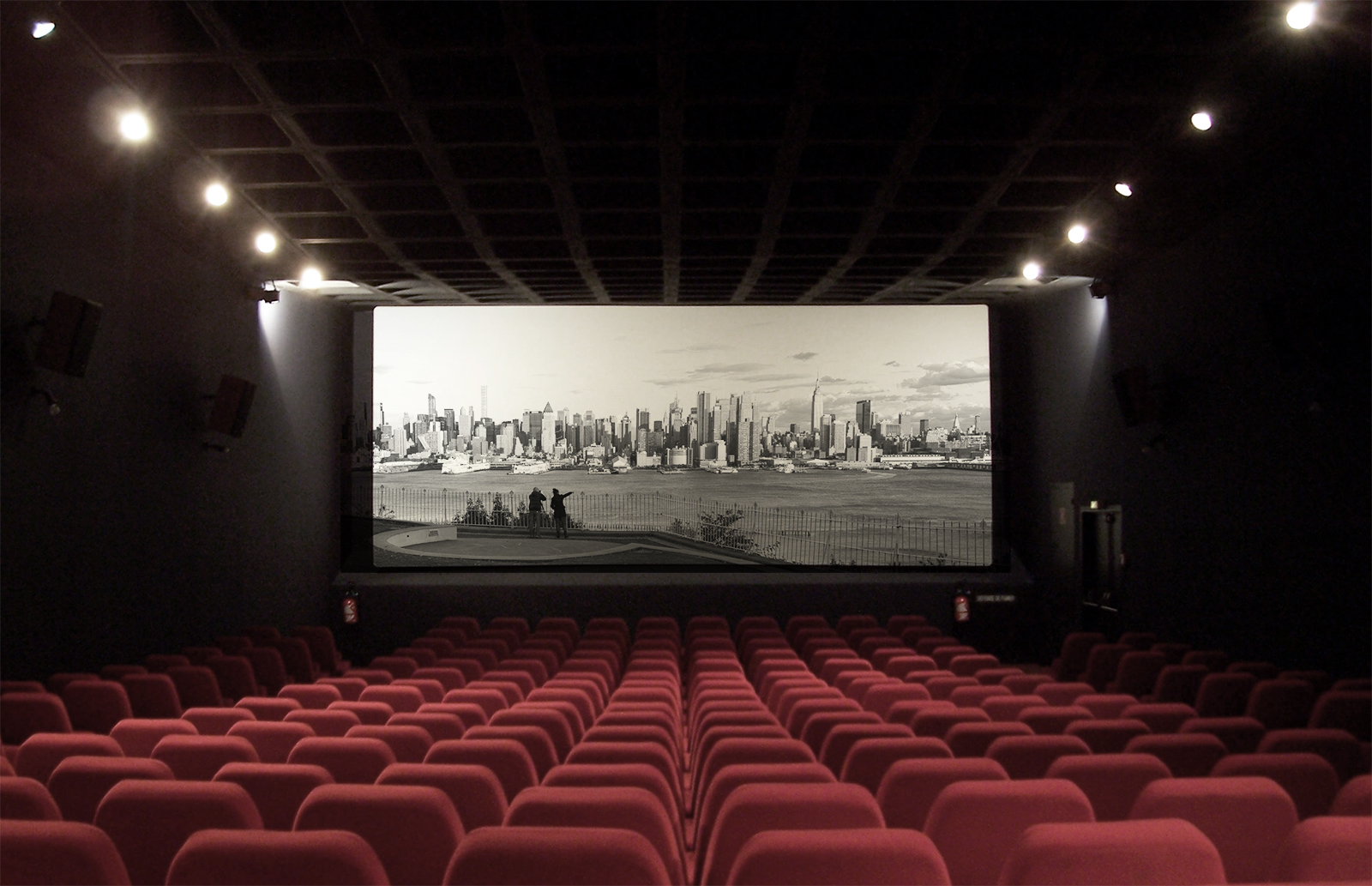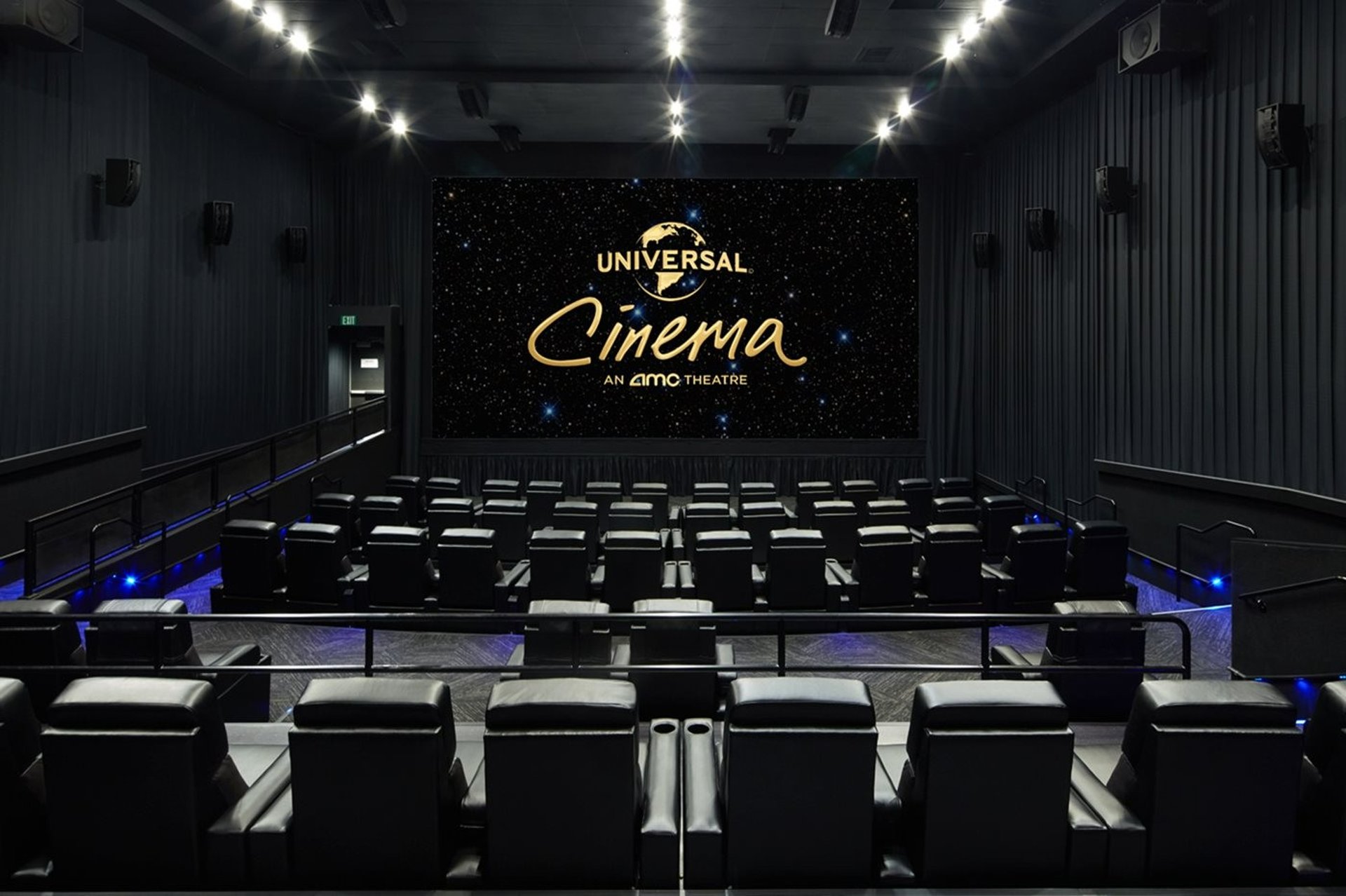The Fascinating World Of Cinema: A Comprehensive Guide
Cinema is more than just a form of entertainment; it is a powerful medium that reflects society, tells stories, and evokes emotions. In this article, we will delve deep into the world of cinema, exploring its history, various genres, the filmmaking process, and its impact on culture and society. Whether you’re a casual viewer or a dedicated cinephile, this guide will enhance your understanding and appreciation of films.
From the silent films of the early 20th century to the blockbusters of today, cinema has evolved tremendously over the decades. Each era has its own unique characteristics, styles, and influential figures who have shaped the industry. We will discuss these transformations and the key players who have left an indelible mark on the cinematic landscape.
Moreover, we will explore the role of cinema in modern society, including its influence on culture, politics, and technology. The rise of streaming platforms has revolutionized how we consume films, prompting discussions about the future of cinema in a digital age. Join us as we embark on this cinematic journey!
- Cha Eun Woo Military Service Everything You Need To Know
- Wes Brown The Versatile Actor Who Captivates Audiences
Table of Contents
- 1. History of Cinema
- 2. Genres of Cinema
- 3. The Filmmaking Process
- 4. The Impact of Cinema on Society
- 5. Cinema in the Digital Age
- 6. The Future of Cinema
- 7. Notable Filmmakers
- 8. Conclusion
1. History of Cinema
The history of cinema dates back to the late 19th century with the invention of motion picture technology. The first films were short, silent, and black-and-white. Notable milestones include:
- 1895: The Lumière brothers presented the first public screening of films in Paris.
- 1903: "The Great Train Robbery" became one of the first narrative films.
- 1927: "The Jazz Singer" marked the advent of synchronized sound in films.
As cinema progressed, it began to diversify into various genres, reflecting societal changes and technological advancements. The Golden Age of Hollywood in the 1930s and 1940s produced iconic films and stars, establishing cinema as a major form of entertainment worldwide.
2. Genres of Cinema
Cinema encompasses a wide range of genres, each with its own conventions and audience. Some of the most popular genres include:
- Remembering Rory Feek A Legacy Of Love And Music
- Sidney Crosbys Kids A Deep Dive Into His Family Life
2.1 Action
Characterized by fast-paced sequences, action films often include physical feats, stunts, and chases.
2.2 Drama
Drama films focus on emotional narratives and character development, often tackling serious themes.
2.3 Comedy
Comedy films aim to entertain and amuse through humor, often employing satire and parody.
2.4 Horror
Horror films are designed to provoke fear and suspense, often featuring supernatural elements or psychological thrills.
2.5 Science Fiction
Science fiction explores futuristic concepts, advanced technology, and alternate realities, pushing the boundaries of imagination.
3. The Filmmaking Process
The filmmaking process is intricate and involves several stages:
- Development: This initial phase involves scriptwriting, securing funding, and assembling a creative team.
- Pre-production: Planning takes place, including casting, location scouting, and scheduling.
- Production: The actual filming occurs during this phase, often requiring long hours and coordination among various departments.
- Post-production: Editing, sound design, and visual effects are completed to finalize the film.
4. The Impact of Cinema on Society
Cinema plays a crucial role in shaping societal norms, influencing public opinion, and reflecting cultural values. Films often serve as a mirror to society, addressing current issues such as:
- Social justice and equality
- Environmental concerns
- Political movements
Moreover, cinema has the power to foster empathy and understanding among diverse communities, making it a vital tool for social change.
5. Cinema in the Digital Age
The rise of digital technology has transformed how films are made, distributed, and consumed. Key developments include:
- Streaming platforms like Netflix and Amazon Prime have changed viewing habits, enabling audiences to access a vast array of films.
- Digital cameras and editing software have democratized filmmaking, allowing independent filmmakers to create high-quality content.
- Social media has become a powerful marketing tool, enabling films to reach global audiences more effectively.
6. The Future of Cinema
As we look to the future, several trends are shaping the evolution of cinema:
- Increased focus on diversity and representation in storytelling.
- Virtual and augmented reality experiences that enhance viewer engagement.
- Continued growth of international cinema, expanding the global film landscape.
7. Notable Filmmakers
Throughout history, many filmmakers have left a lasting impact on cinema. Some notable names include:
| Name | Notable Works | Contributions |
|---|---|---|
| Alfred Hitchcock | Psycho, Vertigo | Pioneer of suspense and psychological thrillers. |
| Steven Spielberg | Jaws, E.T., Jurassic Park | Master of blockbuster filmmaking and storytelling. |
| Ava DuVernay | Selma, 13th | Advocate for diversity and social justice in film. |
8. Conclusion
In conclusion, cinema is a dynamic and influential art form that continues to evolve with society. From its historical roots to its modern-day manifestations, films have the power to entertain, educate, and inspire. As you explore the world of cinema, consider how it reflects your own experiences and perspectives. Don’t hesitate to share your thoughts in the comments below, and be sure to check out other articles on our site for more engaging content!
Thank you for joining us on this cinematic journey! We hope you found this guide informative and inspiring. Please return for more insights into the fascinating world of film and entertainment.
- Get Low The Collaboration Of Zedd And Liam Payne
- Tony Hinchcliffe Roasts Tom Brady A Comedy Showdown

cinema cafe movies tomorrow Ashely Conners

How Architecture Speaks Through Cinema ArchDaily

Universal CityWalk® Cinema at Universal Studios Hollywood Event Space